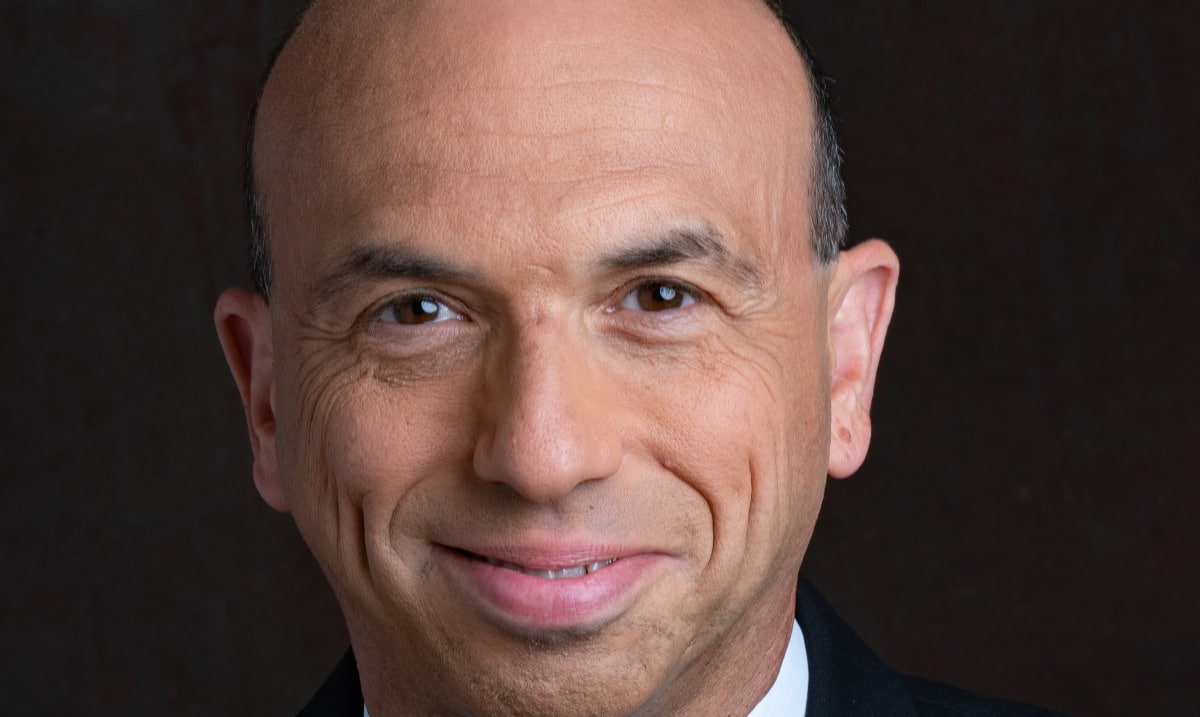ISJ Influencers 2022- Michael Gips, Principal, Global Insights in Professional Security


James Thorpe
Share this content
It’s been said that the best way to predict the future is to create it—witness how figures from Cleopatra and Leonardo da Vinci to Martin Luther King Jr. and Steve Jobs reshaped the world to align to their visions. Security professionals, who traditionally have been considered an afterthought to business, enter a 2022 in which they can help define the future of the profession and cement a leadership role in their organisations.
As background, the world is just starting to emerge from almost two years of isolation and abeyance. The hybrid workforce is likely here to stay, with their attendant challenges and opportunities: more autonomy but less in-person supervision, commuting hours slashed versus Zoom fatigue and a more worker-friendly network infrastructure but a greater attack surface. Concurrently, portions of the public have lost faith in the police, while others have redoubled their allegiance to law enforcement. Fake news, pernicious social media algorithms and distrust of government and corporations have combined to divide societies into antagonistic echo chambers.
Here are five opportunities for security professionals to create a new future:
- Business operations—and life itself—have become a protracted exercise in crisis management. Security professionals can use that experience and their skills to make their organisations agile and resilient. Key to doing this is retaining new responsibilities that aid the business—perhaps investigating new supply chain partners—as opposed to retaining only specific tasks, such as health monitoring.
- People management will be paramount. The ongoing Great Resignation continues to see untold numbers of employees switching jobs or fleeing the workforce altogether, having gotten a taste of being away from office drudgery. Security can help build a safe yet welcoming workplace where people want to stay because they are treated with dignity. A global initiative called The Kindness Games has emerged to encourage empathy in the security profession and model behaviours that create a respectful and safe workplace. Tomorrow’s security will be as much about psychology as it is about screening and surveillance.
- With conspiracy theorists, nation states, fraud artists and others weaponising disinformation, security professionals have the opportunity to step into a leading role in protecting corporate reputations. The reputational attacks we’ve seen in the last two years, such as on Wayfair, Nike and Chase Bank, will only intensify in 2022 and beyond. This is a prime opportunity for CSOs to partner with chief marketing officers, brand managers and general counsel to protect an organisation’s greatest asset.
- The disruption wrought by Coronavirus introduced profound doubt and concern, with workers questioning their companies’ loyalty to them. Combined with the rise of ransomware, the intensifying war for corporate secrets, degraded cybersecurity protocols at home and escalating financial pressures and frustration, insider threats are metastasizing. Insider threat management will continue to develop as a corporate security function.
- Efforts to defund the police will drive at least some functions to the private sector. Besides additional business opportunities in places such as stadiums and business improvement districts, security providers with highly trained staff will find opportunities to enhance the public’s perception of security officers.
Bio
Michael Gips, JD, CPP, CSyP, is the Principal at Global Insights in Professional Security, where he provides security consulting, content creation and business development services. He is a Senior Advisor for the Network Contagion Research Institute, a non-profit that exposes disinformation, as well as for Cardinal Point Strategies, which advises the security and law enforcement communities. He also works with Signpost Six on insider threat management.
For more information, visit: www.gipsinsights.com
This article was originally published in the December 2021 edition of International Security Journal. Pick up your FREE digital edition here



